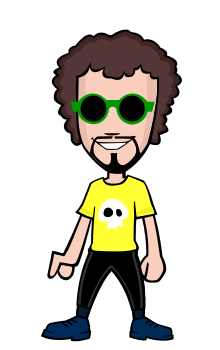The scientific worldview which so dominates our contemporary consciousness is not as innocent as it may at first seem. Arguably, it conceals as much as it illuminates. It gives us a distorted picture of what reality is.
For science, reality is supposed to be made up of objects and events that are entirely independent of the observer. It is assumed to be 100% objective - not shaped in the least by our perceptions of it. But is this what reality really is?
Let's take the example of a tree. What is a tree? To the Druids (a primitive society found in Northern Europe some 2,000 years ago) certain trees were sacred - they were dwelling places of gods. To a child who has a tree house, the tree is a place to play and perhaps also a place of refuge. To the artist it is a thing of beauty. To a lumberjack it is timber, and to the logging company it is a source of profit. To a scientist, by contrast, it is just a living organism capable of both respiration and photosynthesis with a specific place in the botanical taxonomy.
Does the scientist tell us what a tree really is, or does he just give us one possible way of looking at a tree? Must we say that the tree is not really holy or really beautiful - because these concepts are too subjective - and that the only truly objective concept of the tree is the scientific one?
What science does to the significance of things is truly bizarre. Since our ancestral apes rose up on their hind legs we have been trying to grasp the significance of things for us. The bright light shooting across the sky - is it a good or a bad omen? Everything had to have a human significance.
Science now tells us that in truth objects and events like this have no significance whatsoever. Our job is not to interpret them and give them a place in our social lives - rather our job is just to explain their causes and try to predict the future course of events.
Is this the truth about reality? If you found a tribe that still worships trees you would have to admit that trees really can be sacred. Anyone who stubbornly refused to admit this and who proceeded to take a chainsaw to one of the sacred branches would soon appreciate his error.
The point here is not that there are lots of different views about reality. The point is that societies constitute their own reality. Take the example of human rights. From the scientific point of view there is no such thing as human rights - there are individuals with genes and hormones and drives, but no rights. But if a society has the right laws and the right institutions for implementing and upholding those laws then human rights become a social fact. Reality for us is first and foremost a social construction, but all too often we forget that, partly because of a peculiarly scientific view of what is truly objective.



